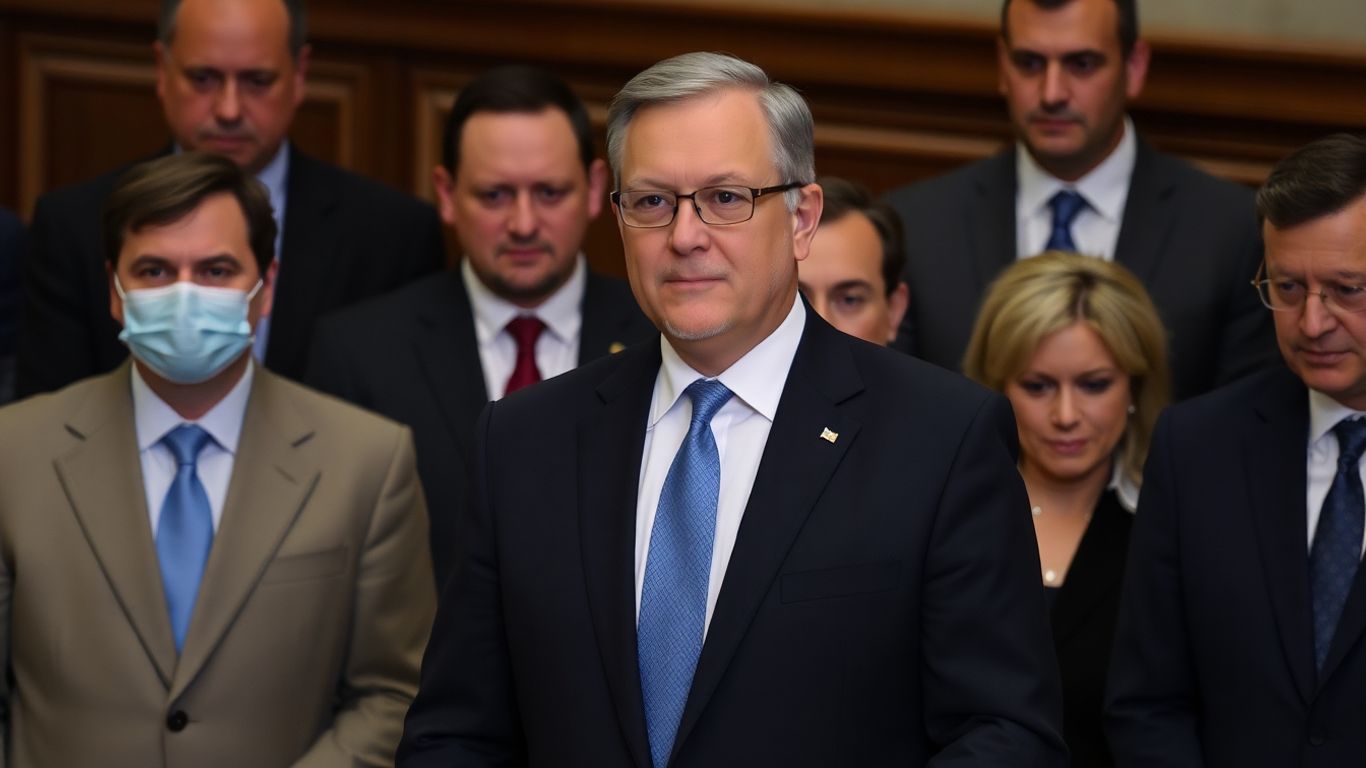The Croatian Parliament has officially approved the formation of the country’s 16th government, with Andrej Plenković set to lead for a third term. The vote saw 79 Members of Parliament (MPs) in favor, with 61 voting against, securing an absolute majority in the 151-seat Parliament. Following the vote, Prime Minister Plenković and his 18 ministers took their oaths.
Key Takeaways
- Andrej Plenković begins his third term as Prime Minister.
- The new government comprises 18 ministers, with 15 from the HDZ party and three from the junior partner, the Homeland Movement (DP).
- Several ministries have been restructured or renamed, including Agriculture, Forestry and Fisheries, and Environmental Protection and Green Transition.
Government Composition and Ministerial Changes
The newly formed government includes a mix of returning and new faces. The Ministry of Agriculture will now be known as the Ministry of Agriculture, Forestry and Fisheries, and will be led by a representative from the Homeland Movement (DP). The former Minister of Agriculture, Marija Vučković, will head the new Ministry of Environmental Protection and Green Transition.
Significant shifts include former Economy and Sustainable Development Minister Damir Habijan moving to the Ministry of Justice and Public Administration, which will now encompass digital transformation. The Ministry of Economy and Sustainable Development will be divided, with the DP taking charge of the economy sector.
Tonči Glavina succeeds Nikolina Brnjac as the Minister of Tourism and Sports. Several key ministers are retaining their positions: Vili Beroš remains at the helm of the Ministry of Health, Branko Bačić continues in charge of the Ministry of Physical Planning, Construction, and State Assets, and Ivan Anušić remains Defence Minister.
Davor Božinović will continue as the Minister of the Interior, and Gordan Grlić Radman as the Foreign and European Affairs Minister. Marko Primorac will stay as the Minister of Finance, Radovan Fuchs as the Minister of Education, Science, and Youth, Marin Piletić as the Minister of Labor, Pension System, Family and Social Policy, and Šime Erlić as the Minister of Regional Development and EU Funds.
Ministers Nina Obuljen Koržinek (Culture and Media), Tomo Medved (War Veterans), and Oleg Butković (Sea, Transport, and Infrastructure) will continue in their roles, having been part of Plenković’s team for eight years.
Deputy Prime Ministers Appointed
Medved, Božinović, Butković, Bačić, and Anušić will continue to serve as Deputy Prime Ministers. Primorac will also assume a deputy prime ministerial position. Additionally, Josip Dabro from the DP will be a Deputy Prime Minister, bringing the total number of Deputy Prime Ministers to seven.
The newly established Ministry of Demography and Immigration will be headed by Ivan Šipić (DP). Josip Dabro (DP) will also serve as the Minister of Agriculture, while Ante Šušnjar (DP) will take over the Ministry of Economy.
Sources
- Government of the Republic of Croatia, vlada.gov.hr.






